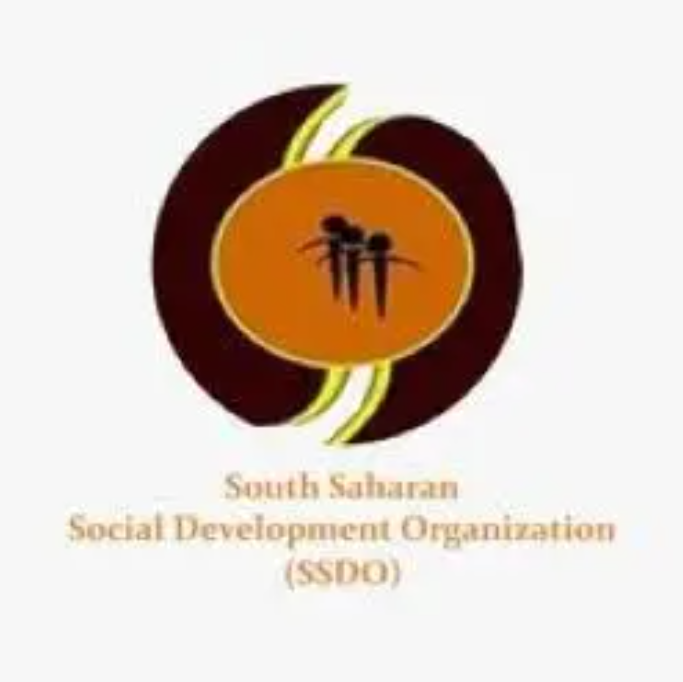
Rural Women Trained about Peer Education by NGO
..Stressed the need to have Common Front, being in Cooperatives and Networking with each other

The South Saharan Social Development Organization (SSDO) and ActionAid Nigeria have trained 42 rural women on peer education centering on socioeconomic matters in Enugu State.
The NGOs organized the three-day Women’s Peer Education Training among residents (or participants) from Igga community in Uzo Uwani Local Government Area of Enugu State.
Speaking at the end of the training on Tuesday, the SSDO’s Gender Officer, Mrs. Blessing Uchendu, noted that through years of SSDO working on projects at the community level, “we realize that women and girls are hugely disadvantaged”.

Uchendu said that women had often been marginalized and segregated to the background on so many fronts in society.
According to her, one of the primary reasons for marginalization is the inequality between men and women in accessing and controlling resources
“SSDO in partnership with ActionAid Nigeria, is using this training to foster women’s empowerment through peer education and the initiative aims to advocate for women’s rights and bridge women’s capacity deficiency at the community level,” she said.

Uchendu, who said that the training was executed using the Women Peer Education Resource Kit, noted that it focused on the acquisition of formal education, education on agriculture, health, and socio-economic issues as well as the need for skill acquisition.
“In the course of training through peer review, many young girls express concerns about their parents’ reluctance to send them to school, leading to early marriages within the community.
“This issue was recognized as critical and needed to be addressed during our subsequent follow-up advocacy meetings with the community leaders and men,” she said.

The Project Lead in SSDO, Miss Priye West, said that the concept of managing farm post-harvest losses was explained at the training, although many participants (women) lacked the necessary capital to expand their farming and agro-related businesses.
West, who was one of the facilitators of the training, said that climate change issues were discussed; and way out addressed by focusing on rectifying harmful environmental practices in order to increase agricultural yields.
She said, “The participants were also encouraged to promote inclusivity and support disabled individuals in the community, despite their community having few disabled persons.
“The training also covered essential areas such as personal development, health, livelihood and survival, and inclusion.
“The women were taught the importance of body image, self-esteem, time management, hygiene, skill acquisition, and the dangers of gender-based violence.”
She said that the women were taught how to identify opportunities provided by the government and how to position themselves to be beneficiaries of such schemes by having a common front, being in cooperative societies, and networking among themselves.

One of the participants at the training, Mrs. Roseline Ndibe, said that the training had removed the low self-esteem previously affecting women’s engagement in community activities.
“Most of us have learned that there is virtually no barrier, except self-inflicted barriers, holding us back not to engage in socio-economic activities just like our husbands and sons in the community,” Ndibe said.
Another participant, Mrs. Chinyere Muofunoraya, said that the training provided an avenue for women to freely discuss issues that impacted their emotional well-being within their marriages.
“We took time to discuss emotional issues in our marriages such as husbands using harsh words and taking their earnings as well as a positive way to go about solving these family challenges without a family breakup,” Muofunoraya said.
SOURCE: Authiritry

